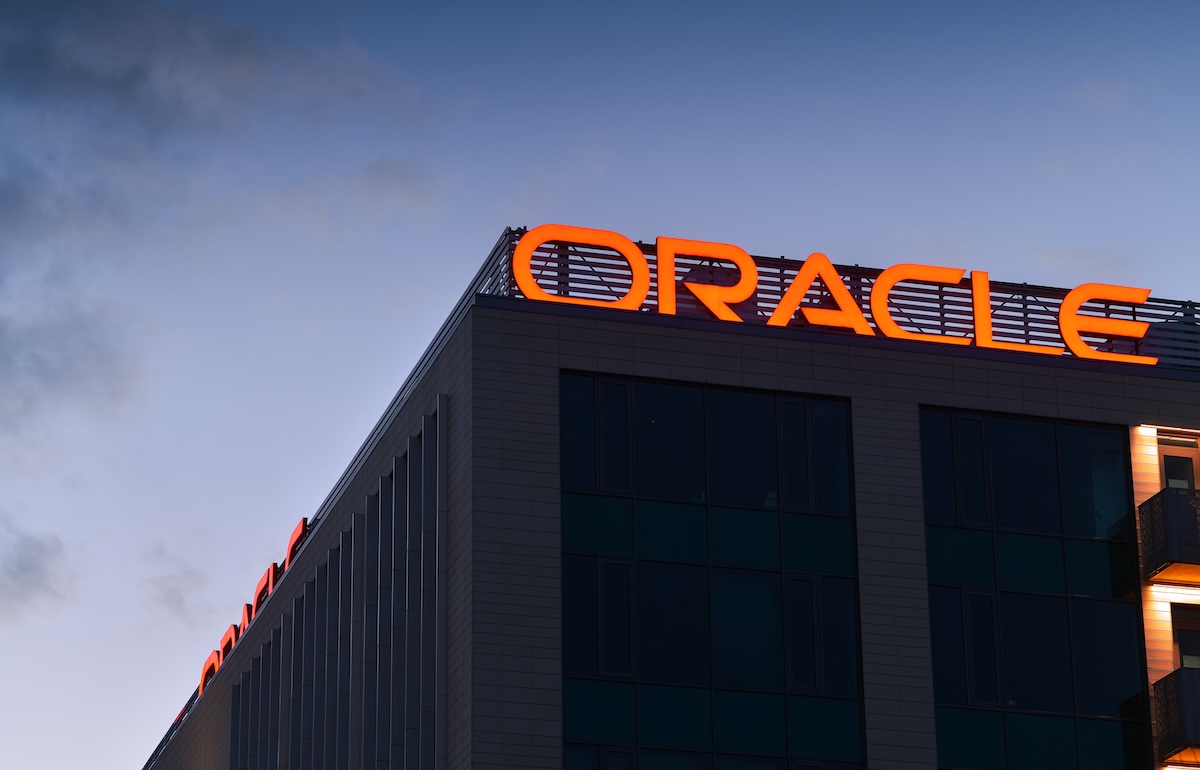
Oracle Corporation (ORCL) pulled off a feat rarely seen among companies of its size: its stock soared 36% in a single trading session after an earnings report showed booming demand for its AI-driven cloud infrastructure.
The rally added $244 billion to Oracle’s market value, lifting it from about $678 billion to more than $900 billion in one day. It was the stock’s best performance since 1992, when the company was worth just $3 billion.
The surge followed Oracle’s disclosure that it has $455 billion in outstanding contract revenue and expects cloud infrastructure revenue to jump from $18 billion in 2025 to $144 billion within five years.
However, not everyone is convinced.
Financial blog ZeroHedge questioned the projections, calling the forecast of an eightfold increase “ridiculous” and suggesting investors were blindly chasing the story.
“Algos fall for this?” the publication said, referring to trading algorithms programmed to react to headlines and market signals.
The bigger issue, skeptics argue, is that Oracle’s underlying results were far from stellar. Quarterly revenue came in at $14.93 billion, missing analyst estimates of $15.02 billion. Cloud revenue also fell short at $3.3 billion, while earnings per share slipped to $1.47 versus the expected $1.48.
“I don’t know if their guidance is actually realistic, but the market is buying it and buying it fully,” said David Kruk, head of trading at La Financiere de l’Echiquier.
Sowing the seeds of doubt
Perhaps the most troubling aspect of Oracle’s rally — aside from the market’s euphoric reaction without deeper scrutiny — is that just three clients were responsible for increasing the company’s backlog nearly fourfold, adding more than $300 billion.
Critics note that such forecasts don’t account for a slowing economy, concerns of AI overbuilding, or the risk of a U.S. recession, underscored by major downward revisions to job growth figures.
Another challenge is the uncertainty around how companies will actually roll out their AI infrastructure spending — and whether they can sustain their lofty investment targets once the initial excitement surrounding AI begins to fade.
Take Meta Platforms as an example. Sitting next to President Trump, CEO Mark Zuckerberg recently announced plans to invest “at least $600 billion through 2028” to build U.S. data centers.
The headline figure made waves, but moments later, a hot mic caught Zuckerberg telling Trump, “I wasn’t sure what number you wanted to go with.”
Ironically, skepticism over inflated AI investment projections comes amid growing concerns about “AI washing” when companies or investment advisers exaggerate, or even fabricate, their AI capabilities.
The issue has drawn scrutiny at the highest levels, including from the U.S. Federal Trade Commission.
Your email address will not be published. Required fields are markedmarked